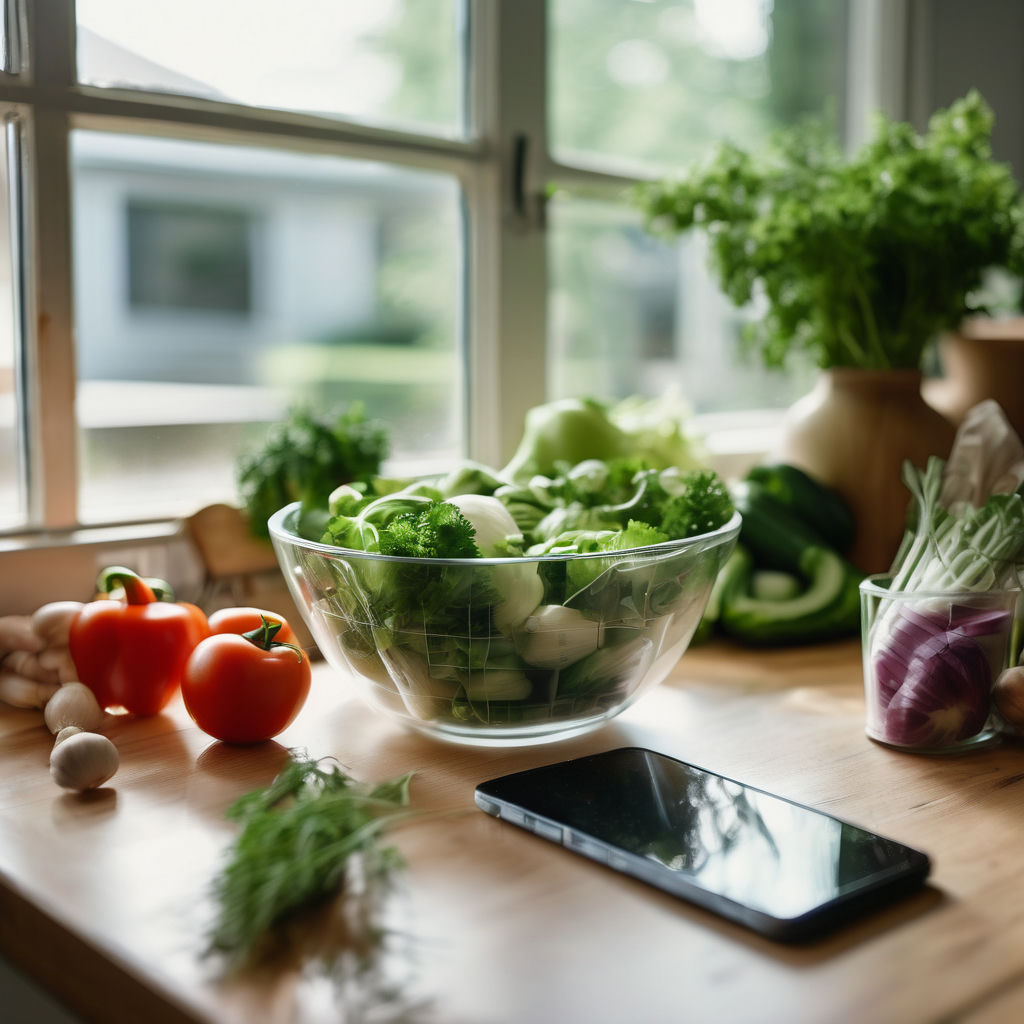
Stop Wasting Time on Meal Planning: How AI Can Transform Your Weekly Kitchen Routine
We've all been there—standing in front of your refrigerator on a Tuesday evening wondering what to cook, or worse, discovering those beautiful vegetables you bought last week are now wilting at the back of the drawer. Between deciding what to eat, shopping for ingredients, and managing leftovers, meal planning can feel like a second job.
Here's the reality: the average household wastes about one-third of the food they purchase. That's not just money down the drain—it's time spent shopping for items you don't use, meal plans that fall apart, and the guilt of throwing away perfectly good food.
The good news? AI-powered tools are changing how we approach this daily challenge. An AI meal planner can help you create personalized menus, optimize your shopping, and dramatically cut down on waste—all without adding more stress to your life.
Why Traditional Meal Planning Falls Short
Let's be honest—most of us don't stick to the meal plans we create. We choose recipes that sound amazing but require 15 ingredients, or we plan meals that don't match what we actually have on hand. This disconnect between planning and reality is where food waste begins.
Traditional meal planning also takes time. You're flipping through recipes, cross-referencing ingredients, making a shopping list, and hoping you remember everything at the store. Add in dietary preferences, budget constraints, and the need for variety, and it becomes overwhelming.
How AI Changes the Game
An intelligent meal planning system works differently. Instead of starting from scratch, AI considers what you already have, your dietary preferences, cooking skill level, and how much time you realistically have for cooking. It learns from your choices and suggests meals you'll actually enjoy eating.
The smartest meal planners integrate with your pantry management, showing you recipes based on ingredients currently in your kitchen. This simple feature alone prevents waste by using what you've already purchased. Instead of those forgotten vegetables wilting away, you're getting recipe suggestions that put them front and center.
Time Savings Add Up Quickly
Think about your weekly routine. You spend time deciding what to cook, researching recipes, making shopping lists, and then shopping. Add in the mental load of keeping track of what you have and what will go bad soon. An AI meal planner compresses all this into minutes.
These systems generate complete shopping lists aligned with your meal plan, eliminating duplicate purchases and impulse buying. You shop more efficiently, stick to your budget better, and actually use what you buy. One week of better planning might save you 30 minutes. Over a year, that's over 26 hours reclaimed.
Cutting Food Waste at the Source
Food waste happens because of three main reasons: buying too much, forgetting what you have, and not planning meals around expiring ingredients. An effective AI meal planner tackles all three.
By tracking your pantry, the system knows your inventory. When items are approaching their expiration dates, the AI can prioritize recipes using those ingredients. Your meal plan becomes dynamic, adjusting based on what actually needs to be used. This prevents the frustrating cycle of buying fresh produce only to watch it spoil.
Personalized portion recommendations also help. The system learns your household size and eating patterns, suggesting appropriate quantities so you're not stuck with excess leftovers that eventually get tossed.
The Sustainability Angle
Beyond the personal benefits, reducing food waste has real environmental impact. Growing, transporting, and refrigerating food uses significant resources. When we waste food, we're wasting all that energy and water. By helping you use more of what you purchase, an AI meal planner contributes to a more sustainable kitchen.
Making It Work for Your Life
The best meal planning systems offer flexibility. You're not locked into meals you don't want to eat. You can swap recipes, adjust portions, and indicate what ingredients you dislike. The AI adapts to your feedback, becoming more helpful over time.
Look for systems that handle recipe import too—many people have favorite recipes stored everywhere from Pinterest to old family cookbooks. Being able to save these into your meal planning system means recommendations feel personalized because they're built from recipes you actually love.
Starting Your AI-Powered Journey
Begin by choosing a tool that matches your needs. If you cook frequently and want detailed nutrition tracking, prioritize that feature. If budget is your main concern, focus on systems that help you stick to spending limits. If you have dietary restrictions, make sure the platform handles those well.
Start small—plan just three to five days of meals as you get comfortable with how the system works. As you use it more, the AI learns your patterns and becomes increasingly helpful. Soon, planning meals shifts from a chore you dread to something that actually saves you time and money.
The combination of reduced waste, time savings, and the relief of not having to think about "what's for dinner" every single day makes a compelling case for giving AI-powered meal planning a try. Your future self—and your wallet—will thank you.